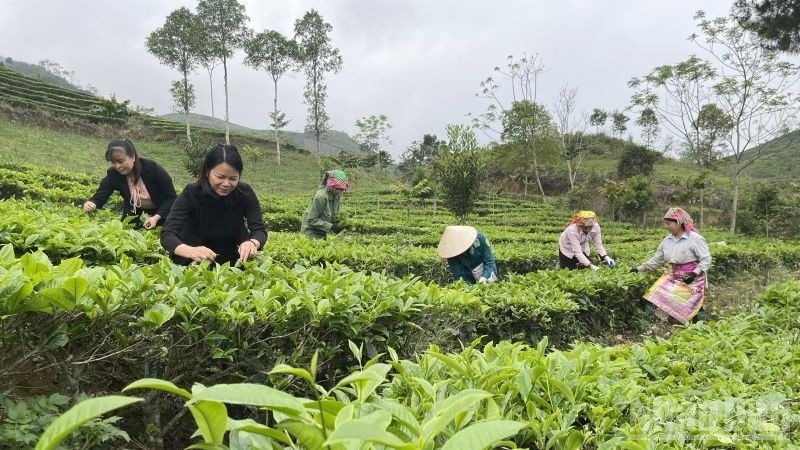
Vietnam made a strong commitment at COP26 (November 2021) to achieve net zero emissions by 2050. To realize this goal, in addition to the guiding and creative role of the State, the private economic sector needs to be identified as the central force.
Resolution 68 affirmed: “In a socialist-oriented market economy, the private economy is the most important driving force of the national economy, the pioneering force promoting growth, creating jobs, improving labor productivity, national competitiveness, industrialization and modernization, restructuring the economy towards green, circular, sustainable...
At the same time, the Resolution also sets a specific target that by 2030, the private economic sector will contribute 55-58% of GDP, achieve an average growth rate of 10-12%/year, and form a team of national enterprises with sufficient capacity to compete, reaching out to the region and the world.
Resolution No. 68-NQ/TW dated May 4, 2025 of the Politburo has identified private economic development as an important driving force of the economy; at the same time, promoting green growth, circular economy and environmental protection are pillars in the new development model. Not only is this a step forward in thinking, this policy also opens up opportunities for the private sector to participate more deeply in the green transformation process.
Experts say that globally, the concept of green growth has become the main orientation of many economies. Developed countries have simultaneously launched strategies to reduce emissions, promote renewable energy and build a legal system for a circular economy.
In this context, Vietnam faces both pressure and opportunities. The pressure mainly comes from the requirement to reduce carbon intensity in production and exports, especially to meet the strict standards of key markets such as the European Union and the United States.
On the contrary, opportunities come from the growing access to international green capital flows, along with the advantage of being a latecomer country that can directly receive modern technology, improve energy efficiency and shape a circular economic model right from the start.
This shows that green growth is no longer just a theoretical concept, but has become a practical trend, reshaping the global trade landscape. In this context, the Vietnamese private economic sector must proactively participate and become a core force in green transformation, so that the economy does not fall behind, but on the contrary, can rise up to take the lead in the new development cycle.
Source: https://baolaocai.vn/kinh-te-tu-nhan-hat-nhan-moi-cua-hanh-trinh-tang-truong-xanh-post882680.html



![[Photo] Editor-in-Chief of Nhan Dan Newspaper Le Quoc Minh received the working delegation of Pasaxon Newspaper](https://vphoto.vietnam.vn/thumb/1200x675/vietnam/resource/IMAGE/2025/9/23/da79369d8d2849318c3fe8e792f4ce16)
![[Photo] The 1st Congress of Party Delegates of Central Party Agencies, term 2025-2030, held a preparatory session.](https://vphoto.vietnam.vn/thumb/1200x675/vietnam/resource/IMAGE/2025/9/23/e3a8d2fea79943178d836016d81b4981)

![[Photo] General Secretary To Lam meets voters in Hanoi city](https://vphoto.vietnam.vn/thumb/1200x675/vietnam/resource/IMAGE/2025/9/23/d3d496df306d42528b1efa01c19b9c1f)
![[Photo] Prime Minister Pham Minh Chinh chairs the 14th meeting of the Steering Committee on IUU](https://vphoto.vietnam.vn/thumb/1200x675/vietnam/resource/IMAGE/2025/9/23/a5244e94b6dd49b3b52bbb92201c6986)


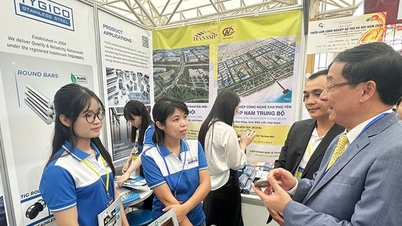



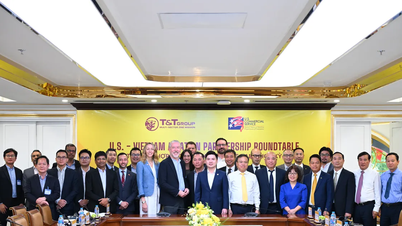



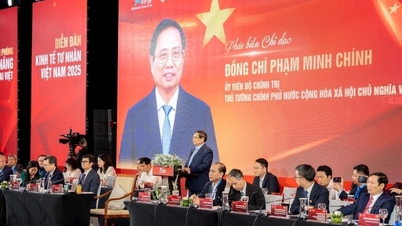










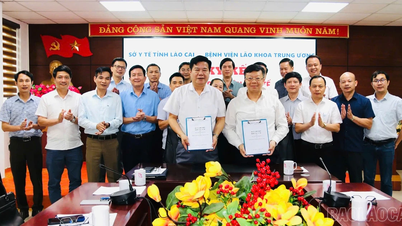







































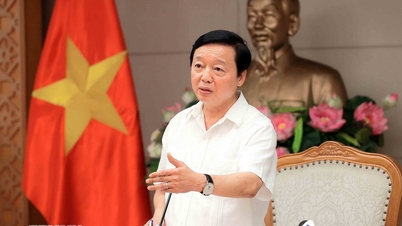






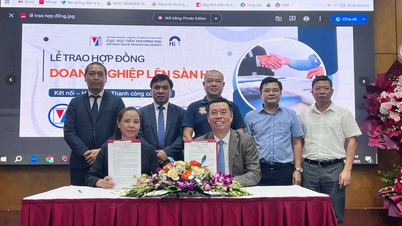


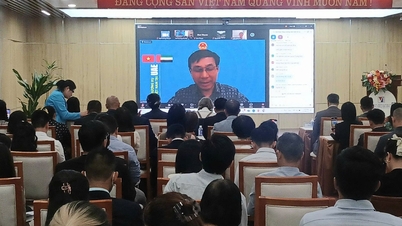



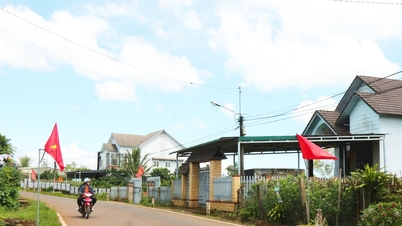


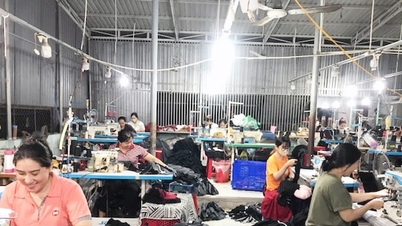






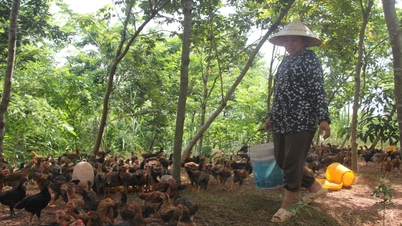










Comment (0)